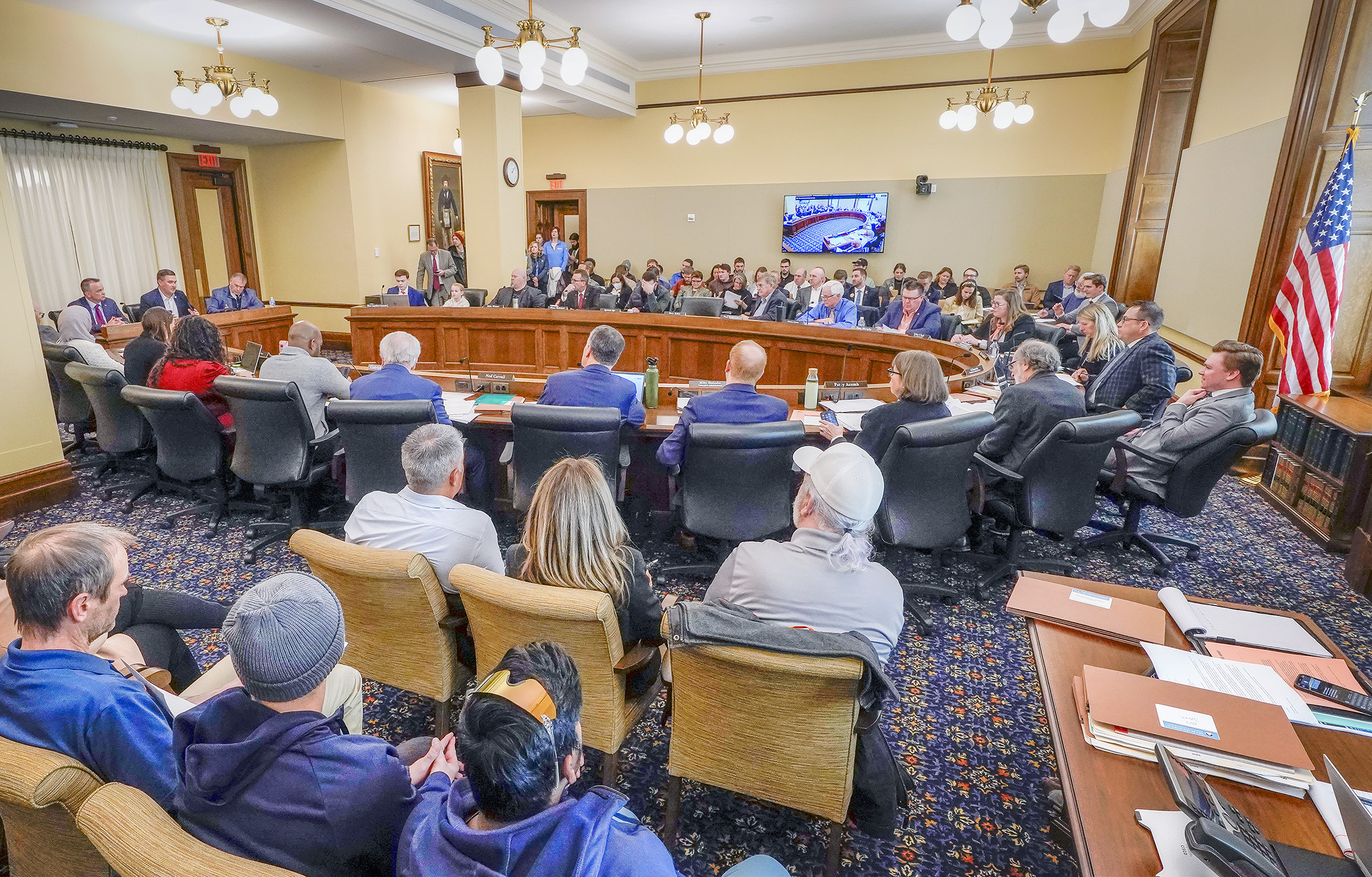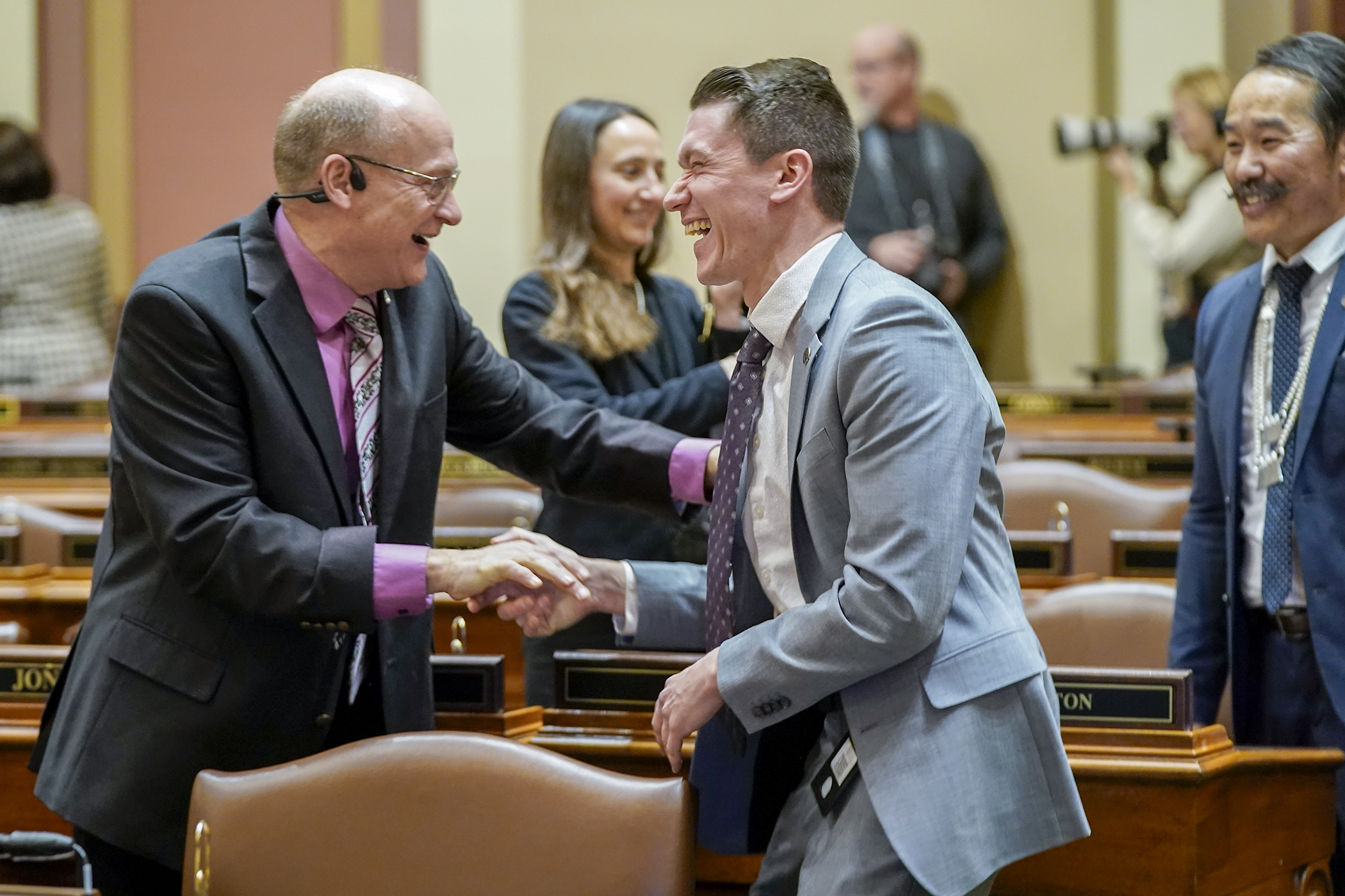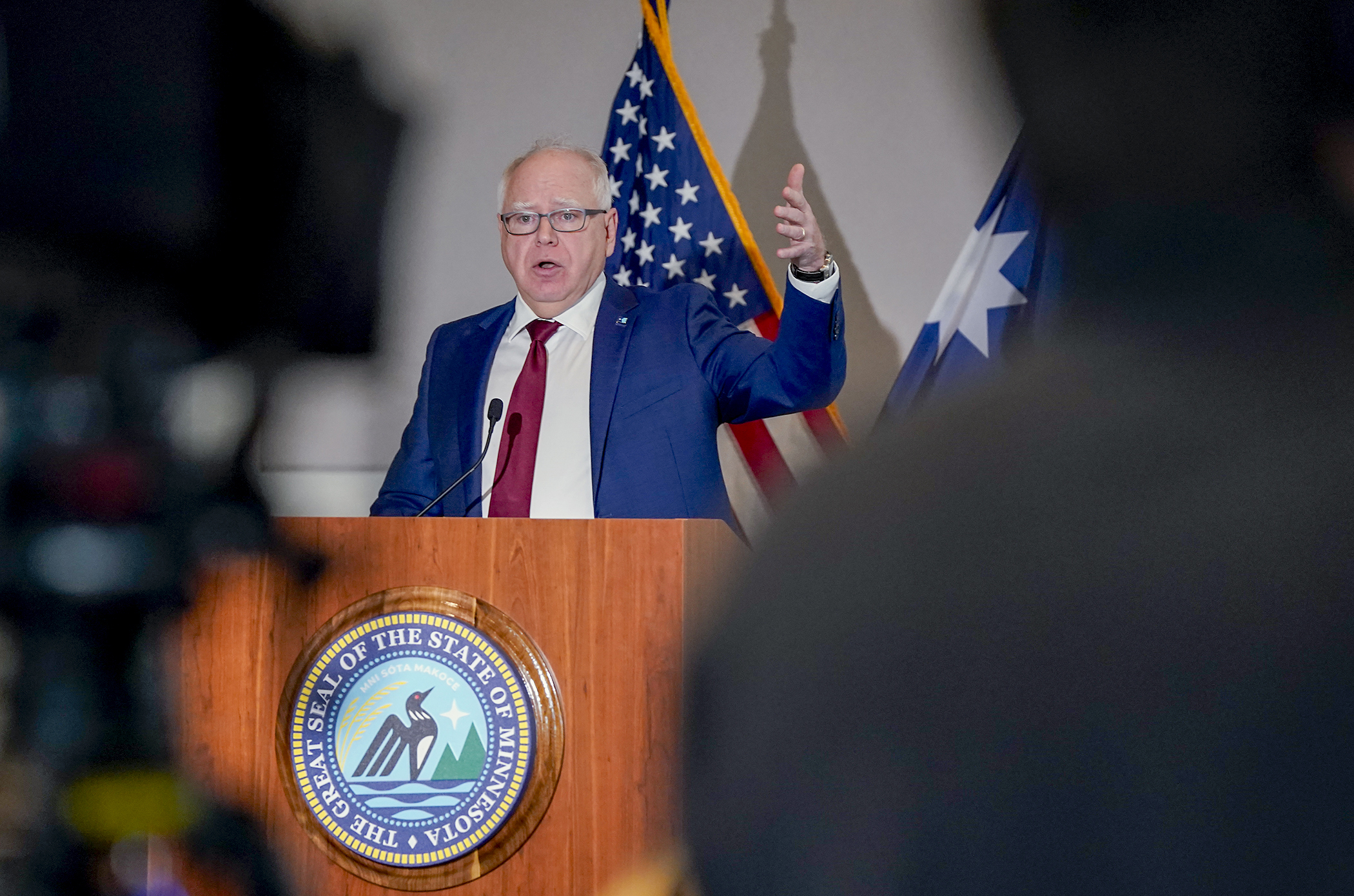Energy committee sends proposed solar metering changes to House Floor

If you have solar panels on your home, barn or business that are hooked up to your local investor-owned, municipal or cooperative utility, you’re both a producer and a consumer of electricity.
And if you produce more than you consume, Minnesota law calls for something called “net metering,” which means the utility gives you back credits that reduce your energy bill, commensurate with the extra power you pump onto the electrical grid.
But is it an equitable arrangement?
Rep. Dave Baker (R-Willmar) thinks not. He sponsors HF845, which would change the compensation paid to wind and solar generators with a capacity below 40 kilowatts when they sell excess electricity to a municipal utility or cooperative electric association.
On Thursday, the House Energy Finance and Policy Committee approved the bill, as amended, by an 8-7 party-line vote and sent it to the House Floor.
Some utilities claim that net metering increases electricity rates for non-solar customers. The bill intends to address that.
“Minnesota is the only state in the country that requires co-ops — their members, the owners of the co-ops — to pay a retail rate for excess generation from distributed solar facilities,” Baker said. “Retail rate for a wholesale product.
“But this bill would take us off that island. It would also reduce the uneconomic incentive to build oversized generation systems that are much larger than needed by members to offset the purchases from their co-op.”
Among the 27 testifiers in an overflowing hearing room, 23 spoke against the bill, most saying that it would severely curtail Minnesotans’ move to solar energy.
“This bill will crush our industry,” said Kim Benjamin, owner of MN Solar and More. “Take California as an example. They’ve lost over 17,000 jobs in our industry since they put the kibosh on net metering.”
“Those who overbuild are the problem,” said Bill Black, government relations attorney for the Minnesota Municipal Utilities Association. He added that the bill “surgically removes a growing problem.”
But Logan O’Grady, executive director of the Minnesota Solar Energy Industries Association, said he’d yet to see evidence of that overbuilding.
“Show me the cost shift numbers, what they are and the extent of the problem,” O’Grady said. “If we can get to a place where we’re operating in facts and data around this narrative, we will have a much better conversation.”
Rep. Larry Kraft (DFL-St. Louis Park) unsuccessfully asked Baker to table the bill to allow for more bipartisan discussion that would address the issues of both the utilities and the solar developers.
“I want solar to do really well in Minnesota,” Baker said. “But I do not want it to be on the backs of anyone else.”
Related Articles
Search Session Daily
Advanced Search OptionsPriority Dailies
Full House convenes for first time in 2025, elects Demuth speaker
By Tim Walker DFL, Republicans convene with a quorum for the first time in 2025 session after agreeing to a power-sharing deal.
DFL, Republicans convene with a quorum for the first time in 2025 session after agreeing to a power-sharing deal.
Walz proposes slimmed-down 2026-27 state budget, sales tax changes
By Tim Walker This is an odd-numbered year, and so the Legislature is constitutionally required to craft a budget to fund the state government for the next two fiscal years.
Gov. Tim Walz...
This is an odd-numbered year, and so the Legislature is constitutionally required to craft a budget to fund the state government for the next two fiscal years.
Gov. Tim Walz...